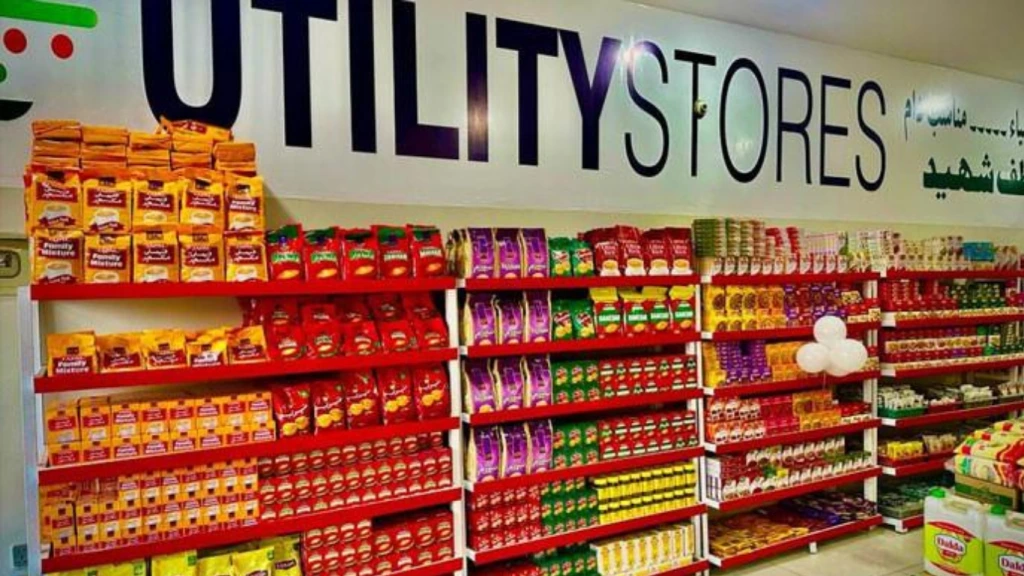Islamabad, 1 August: The Utility Stores Corporation (USC), Pakistan’s largest state-owned retail network, formally ceased operations on Thursday, bringing an end to over five decades of utility stores providing subsidised commodities to millions of low-income households across the country. This shutdown of the utility stores corporation marks a significant shift in the government’s policy towards public-sector retail operations.
The shutdown was carried out in accordance with a July 31 deadline set earlier this month, following a directive issued by Prime Minister Shehbaz Sharif on June 28. The closure was further endorsed during a meeting of USC’s board of directors earlier in July, according to a notification from the Ministry of Industries and Production.
“All the sales and purchases at utility stores have been closed with effect from July 31, except shifting of stock from stores to warehouses and returned to vendors and handing-taking of stores’ inventories,” the notification stated, directing strict compliance across the network.
Established in 1971, USC was created with the mission to provide essential food and household items at subsidised rates, acting as a crucial support system for economically vulnerable populations. At its peak, the corporation operated more than 4,000 outlets across Pakistan, making it one of the largest public-sector retail chains in South Asia.
The decision to shutter USC comes as part of broader economic reforms aimed at reducing the government’s footprint in commercial ventures and improving fiscal discipline. However, the move has sparked concern among consumer rights groups and citizens who relied on the stores for affordable staples amid rising inflation.
READ MORE: Sugar Prices Surge Again at Utility Stores
No official plan for repurposing USC assets or providing alternative support for affected consumers has yet been announced. The Ministry of Industries and Production is expected to issue further guidelines in the coming weeks regarding the transition process, inventory management, and workforce implications.
As Pakistan navigates tough economic conditions under ongoing IMF-backed reforms, the closure of USC marks a significant policy shift in the government’s approach to welfare-oriented public sector enterprises.
Utility Stores Corporation: Operational & Financial Snapshot
| Year | No. of Stores | Annual Sales (PKR Billion) | Annual Losses (PKR Billion) | Govt Subsidy (PKR Billion) | Remarks |
| 2018 | ~5,000 | 35.0 | 8.0 | 6.5 | Inefficiencies, poor governance |
| 2019 | ~4,900 | 34.2 | 7.5 | 5.8 | Reforms proposed, no major action |
| 2020 | ~4,700 | 38.5 | 10.0 | 7.0 | COVID-era expansion in subsidy |
| 2021 | ~4,500 | 37.8 | 9.0 | 6.0 | Continued operating inefficiencies |
| 2022 | ~4,300 | 40.0 | 12.0 | 8.0 | Sharp rise in procurement cost |
| 2023 | ~4,200 | 39.5 | 11.5 | 7.2 | IMF program pressures mounting |
| 2024 | ~4,100 | 37.0 | 13.0 | 6.0 | Closure discussions begin |
| 2025 (Till July) | ~4,000 | 18.0 (estimated) | 7.5 (partial year) | 2.5 (partial year) | Operations officially shut by July 31 |









